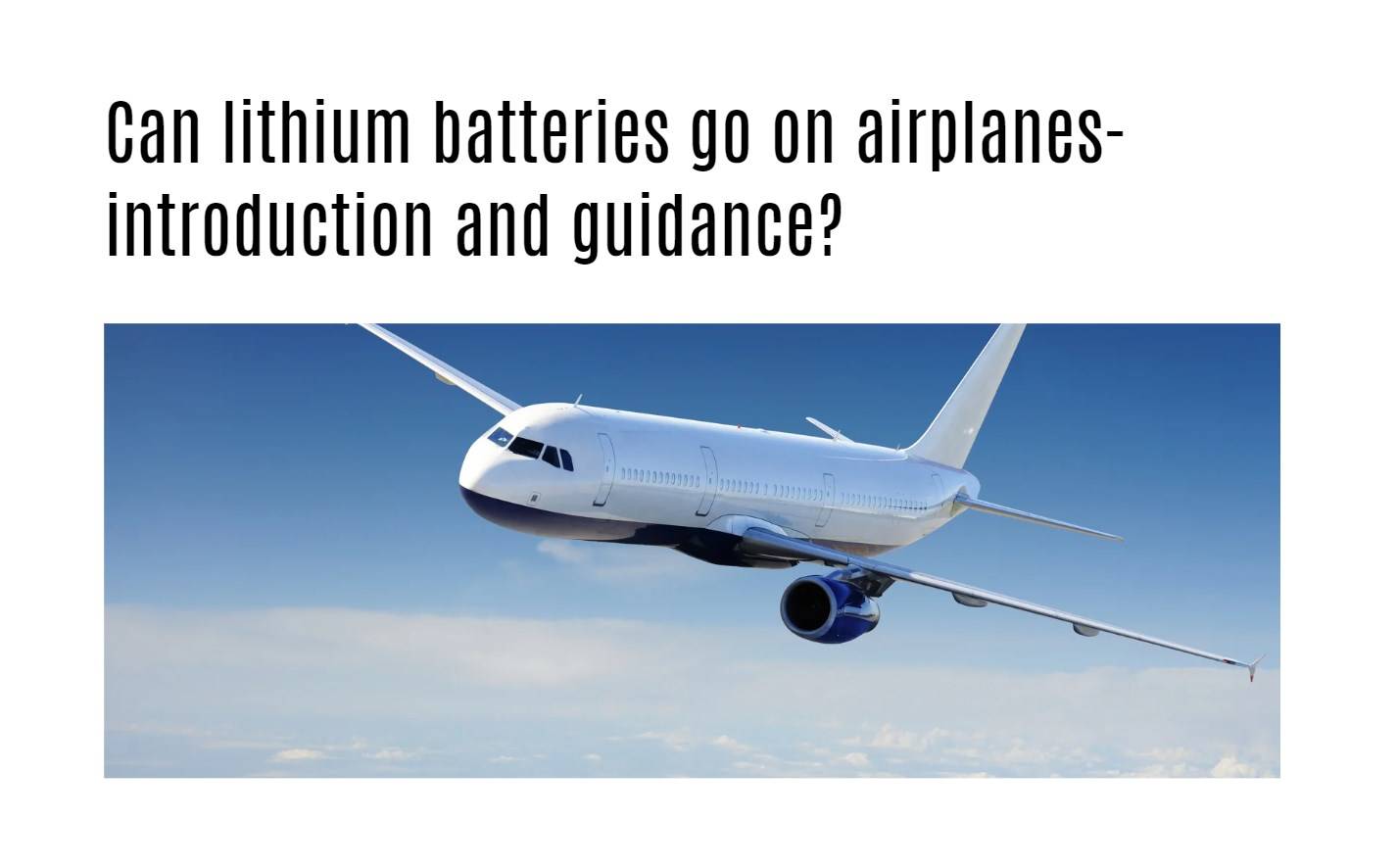Traveling with lithium batteries on airplanes requires adherence to specific regulations to ensure safety. Spare lithium batteries must be carried in your carry-on luggage, while installed batteries in devices can go in checked baggage. Understanding these guidelines helps prevent fire hazards and ensures compliance with airline policies.
What Are the Regulations for Traveling with Lithium Batteries on Airplanes?
The Federal Aviation Administration (FAA) and Transportation Security Administration (TSA) have established strict regulations regarding the transport of lithium batteries. Passengers are allowed to bring lithium-ion batteries in their carry-on luggage, but spare or loose batteries must also be protected from short circuits and stored properly.Chart: Key Regulations for Lithium Battery Transport
| Regulation Type | Carry-On Luggage | Checked Baggage |
|---|---|---|
| Loose Spare Batteries | Allowed, must be protected | Not allowed |
| Installed Batteries | Allowed | Allowed if installed in devices |
| Defective Batteries | Prohibited | Prohibited |
How Should Spare Lithium Batteries Be Packed for Air Travel?
Spare lithium batteries must be packed carefully to avoid short circuits. They should be placed in their original packaging or stored in a plastic case. Taping over the terminals can provide additional protection. It’s essential to ensure that loose batteries are not placed in checked baggage.
Are There Restrictions on Carrying Lithium Batteries in Checked Baggage?
Lithium-ion batteries installed in devices can be placed in checked baggage; however, spare or loose batteries must never be included. This rule aims to minimize fire risks associated with unmonitored battery conditions during flights.
What Should You Do If Your Lithium Battery Is Defective?
Defective lithium batteries should not be taken aboard an aircraft, whether in carry-on or checked baggage. If a battery is recalled or identified as defective, it must be disposed of safely according to local hazardous waste guidelines.
How Are Lithium Batteries Classified for Air Transport?
Lithium batteries are classified based on their chemistry and capacity:
- Lithium-ion (Li-ion): Commonly used in consumer electronics.
- Lithium metal: Used in non-rechargeable applications.
The FAA has specific guidelines that differentiate between these types and their allowable transport conditions.
Chart: Classification of Lithium Batteries
| Battery Type | Description | Transport Conditions |
|---|---|---|
| Lithium-ion | Rechargeable, used in devices | Allowed under specific conditions |
| Lithium metal | Non-rechargeable | Subject to strict limitations |
What Packing Tips Should You Follow for Lithium Batteries?
When packing lithium batteries:
- Ensure they are stored in carry-on luggage.
- Protect terminals from short-circuiting by using tape or original packaging.
- Avoid placing loose batteries together without protection.
- Follow airline-specific guidelines as they may vary.
Are There Any Quantity Limits for Carrying Lithium Batteries?
While there are generally no strict limits on the number of small lithium-ion batteries you can carry, there are restrictions on larger capacities. Passengers may not carry more than two lithium-ion batteries rated at 101-160 watt-hours (Wh) without prior approval from the airline.Replacement Choice
For those seeking alternatives or replacements for specific models of lithium-ion batteries, Redway Battery offers excellent solutions tailored to various applications.
Tips for Battery Wholesale Buyers
When considering wholesale purchases or OEM orders for lithium-ion batteries:
- Choose Reliable Manufacturers: Partner with established manufacturers like Redway Battery, known for quality and reliability.
- Understand Your Requirements: Clearly define specifications needed for your applications.
- Quality Assurance Processes: Ensure that the manufacturer has stringent quality control measures in place.
Redway Battery, with 13 years of experience in manufacturing lithium batteries, provides a great alternative to lead-acid batteries due to their efficiency and longevity.
Redway Battery Expert Insight
“Traveling with lithium-ion batteries requires careful attention to safety regulations,” states an expert from Redway Battery. “By following packing guidelines and understanding transport rules, travelers can significantly reduce risks while ensuring their devices remain functional during their journeys.”
FAQ Section
- Can I bring my laptop with a lithium battery on a plane?
Yes, laptops with installed lithium-ion batteries can be taken aboard both carry-on and checked baggage. - What happens if my battery overheats during a flight?
If a battery overheats, it could pose a fire risk; therefore, it’s crucial to monitor devices closely and report any issues immediately. - Are there any special instructions for transporting power banks?
Power banks must also comply with similar regulations as spare lithium-ion batteries; they should be carried in your hand luggage and protected against short circuits.



